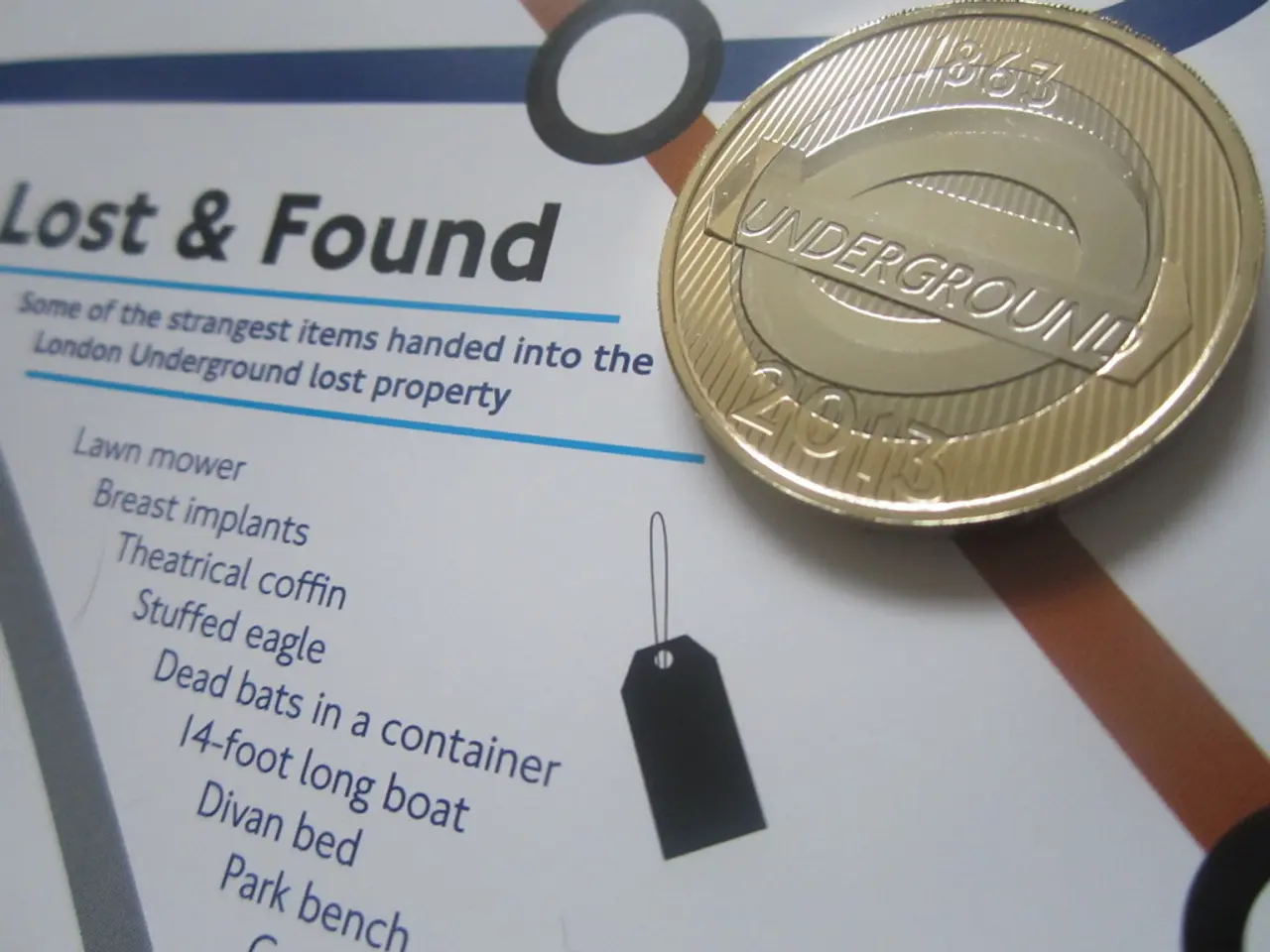Pakistan targets moon exploration with planned lunar mission by 2035
In a recent meeting in Beijing, Pakistan's Minister for Planning, Development and Special Initiatives, Ahsan Iqbal, and China's Atomic Energy Authority and Space Agency Chairman, Shan Zhongde, discussed the deepening collaboration between the two countries in the fields of space research, peaceful nuclear energy, and advanced technology.
The discussions highlighted Pakistan's commitment to further strengthen economic and strategic ties with China. A key focus of the talks was the upcoming lunar mission planned by Pakistan's Space and Upper Atmosphere Research Commission (SUPARCO), which aims to land the country's first spacecraft on the Moon by 2035. This ambitious project is expected to be a joint scientific effort, with significant support and collaboration from China.
The lunar mission will see Pakistan contribute a 35-kilogram lunar rover to China's Chang'e-8 lunar mission, scheduled for 2028. The rover will target the Moon's south pole for scientific experiments, terrain analysis, and resource assessment. Pakistan is also preparing to send its first astronaut to China's Tiangong space station by 2026, marking a significant step forward in astronautics and enriched Sino-Pak space cooperation.
Ahsan Iqbal emphasised the need for deeper reliance on China to address gaps in Pakistan’s space and nuclear programs. He conveyed this during meetings with Chinese officials such as Shan Zhongde, head of China’s Atomic Energy Authority and Space Agency. Pakistan's space program, though initiated almost a decade before India's, has lagged in independent achievements, relying heavily on Chinese technology for satellite launches and broader space ambitions.
The partnership frames Pakistan's lunar mission as heavily reliant on Chinese expertise, making the 2035 Moon landing a joint endeavour where Pakistan provides a dedicated lunar rover and China supplies launch, mission management, and infrastructure support. The Moon mission fits into a broader vision to strengthen Pakistan’s capabilities in quantum computing, aeronautics, and nuclear technology, reflecting a strategic scientific cooperation with Beijing.
Ahsan Iqbal also called for greater educational opportunities for young Pakistani scientists through Chinese exchange programs. He acknowledged that the China-Pakistan Economic Corridor (CPEC) has played a vital role in removing bottlenecks in Pakistan's infrastructure and energy sectors. Pakistan recently launched three satellites in collaboration with China, and the minister mentioned the K-2, K-3, and C-5 nuclear power plants as shining examples of strategic cooperation between the two nations.
In addition, Pakistan has established a Quantum Computing Center, and the minister emphasised the urgency of adopting alternative energy sources to address vulnerabilities in food, water, and health security due to the growing impact of climate change. Chairman Shan Zhongde appreciated Pakistan's continued progress under CPEC and affirmed China's full cooperation in advancing Pakistan's space research and peaceful nuclear capabilities.
Under the "Uraan Pakistan" initiative, space sciences have gained new momentum in Pakistan. The meeting focused on expanding collaboration in space and nuclear energy to support Pakistan's national development goals. As the two countries move forward, the joint lunar mission and astronaut mission represent significant milestones in the ongoing strategic partnership between Pakistan and China.
- The lunar mission, a joint scientific effort between Pakistan and China, will see Pakistan contribute a 35-kilogram lunar rover to China's Chang'e-8 lunar mission, scheduled for 2028.
- Ahsan Iqbal, Pakistan's Minister for Planning, Development and Special Initiatives, emphasized the need for deeper reliance on China to address gaps in Pakistan’s space and nuclear programs.
- In addition, Pakistan has established a Quantum Computing Center and is calling for greater educational opportunities for young Pakistani scientists through Chinese exchange programs.
- The partnership between Pakistan and China in the fields of space research, peaceful nuclear energy, and advanced technology aims to strengthen Pakistan’s capabilities in quantum computing, aeronautics, and nuclear technology, among other areas.




